Having recently been trained in Radical Honesty and Non-Violent Communication I wanted to look at how they stack up.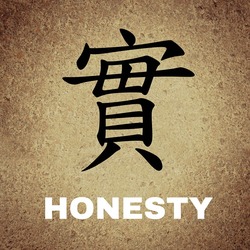 This weekend I was trained by Tullia Syvanen in a workshop about Radical Honesty - a concept conceived in the USA by Dr Brad Blanton,which I will try and sum up here, whilst also giving my personal experiences, in the hope of passing on knowledge and inspiration. WHAT IS IT? RH is a language tool which encourages us to communicate directly and stop lying,. The website says the aim is “to gain freedom from the jail of your mind and then get over shit and be happy, developing more true and intimate relationships.” My interpretation: It seems to me to be a way of processing one's emotions aloud, and in the doing of that one can cultivate extreme ownership of one's choices of attention, imagination, language and actions - one is invited to drop the story and to express present emotion, especially anger, directly to the person ones is feeling angry with, whilst relating it to real (not imagined) actions, words or things. “Honesty is the first chapter of the book wisdom.” ― Thomas Jefferson 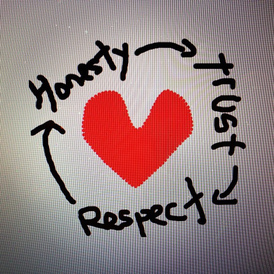 HOW DOES RADICAL HONESTY WORK? The theory is that people usually avoid being angry at someone else for years, holding it in the body and mind as resentment. This pent up energy weakens connections and takes a toll on the body, weighing us down and creating disease. The theory goes that if people actually allowed themselves to get angry at them, they’d probably get over it in half an hour, especially if people are trained to work with their emotions, rather than suppress them. Therefore anger is one of the primary emotions explored within RH. he process is described more fully below. First, there are some simple, but very unusual language tools within that which are intended to clean up the language so that we can clean up the mind, to expose our projections. These language tools are:
Other tools include:
The theory is that with time and direct, truthful expression of difficult emotions and judgements, then appreciation we can trust more in ourselves and each other. It is important to be willing to give the process some time. By talking about these things more often they can become more commonplace and perhaps we can show each other our genuine emotions, so that we can process them more quickly and openly. We learn not to take any of this this personally. When we focus on facts, rather than interpretations and beliefs we can see that we have all living on an imagined fear. In fact the very word belief holds the word ‘lie’ right in the middle of it! if we relax our story and beliefs for a moment, concentrate on facts then we can have ‘real’ and intimate connections, easily and beautifully. Apparently it is a lot easier and less destructive than it might seem. “It's discouraging to think how many people are shocked by honesty and how few by deceit.” Noël Coward MY EXPERIENCE So this was a 2.5 day workshop and the start was messy! The facilitator immediately got us to explore any unexpressed resentments about our lives and then to each other. There was shouting and lots of projection (blame). I was feeling confused at what was going on but on Saturday, after introductions, Tuulia introduced some of the language rules, concepts and we all committed to:
We then continued talking, and reacting at each other’s stories. We would confront one another with long silences as we felt into our sensations and emotions. I was often confused and uncomfortable, but then I realised it was my imagination causing that - I was imagining people thinking I was stupid, arrogant or (fill in the blank). It was these thoughts that were fuelling my emotions and reactions. I was having a lot of judgements too and the more I stayed with sensations the more I realised the judgements were ridiculous, and more about my insecurities and I was able to ask people if they were true, without worrying if they would take it personally. As an example I judged one man in the workshop to be frail, and expressed it (as I was invited to) and we got into a conversation about ageism and that helped me see that I’m attached to the story of being youthful and scared of being a responsible adult, with duties and obligations. It was heated at first, but quickly turned to appreciation. On Sunday I got the chance to take the hot seat. I would be having a conversation with someone in my life with whom I have unfinished business. This is therefore called a ‘Completion Conversation’ but I think of it more as a healing conversation. I spoke with an empty chair - imagining someone in my life (I won’t go into details) and I cried throughout, as I spoke honestly, owning my bitter judgements for about an hour. It was very helpful having a facilitator to keep me on track, away from story and to really feel what was happening. I learned a lot of insights and it helped me to prepare for the REAL conversation - which I’ve committed to complete before Christmas. This was an intense workshop and it also included a lot of love and appreciation. One of the exercises included a 5 minute discussion of everything we liked about ourselves, to which we all agreed to post a video of on Facebook! Mine is at the bottom. It is part of dropping the shame and opening up to truth. “Remember that wherever your heart is, there you will find your treasure.” ― Paulo Coelho, The Alchemist 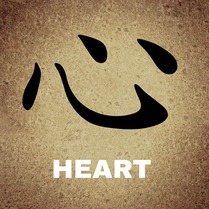 BALANCING IT WITH NON VIOLENT COMMUNICATION Non Violent Communication is something I use in my life - it is sometimes referred to as compassionate communication and the aim is to communicate in a way that makes natural giving possible - through the use of empathy, to yourself and to another. I trained in NVC a year ago. NVC is about connecting from the heart, with empathy and from a place of compassion. The creators of RH don’t seem to like NVC - the two communication styles have similarities, but very different approaches. RH seems to be about expressing angry truth and getting it off your chest so that other emotions can come in and you can see past your imagined bullshit. NVC invites you to process things inside yourself first, whilst maintaining ‘heart connection’ with another, never seeking to blame, diagnose or demand change. RH might call this passive aggressive, but my experience is different. NVC has the potential to negotiate conflict and create a lot of love, and I would also agree that there is an inbuilt weakness - that the structure of NVC diminishes the ability to express emotion in raw form. Expressing raw emotions can bring a deep acceptance and truth to relationships. Here are the two models, or my interpretations of them, side by side: 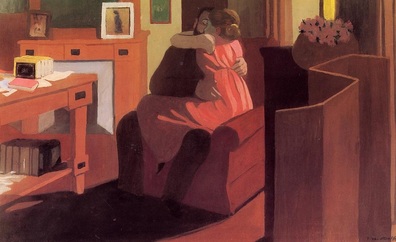 When you want to be close, honesty pays, and so does sensetivity When you want to be close, honesty pays, and so does sensetivity Also, here is how I see them fitting into my idea of the Drama Vs Presence Triangles of transactional analysis:
INTIMATE VS GENERAL RELATIONSHIPS Authentic expression is best used on the dancefloor and in intimate relationships. Kind, open, empathetic and positive expression can be used everywhere - in our general life. Taking the best elements of both styles, I think that using empathy and sensitivity (when we have capacity) will allow us to choose the appropriate style, but when we don’t have capacity, but we want to take time to create honest relationships I think the skills of RH can be invaluable. They can provide catharsis and truth, as well as the ability to re-align your imagination and expectations. In summary I believe RH is designed to bring an element of authenticity to intimate relationships but is not so well suited to general ones, whereas NVC is actually about connecting generally from a kind hearted place. Both are self awareness tools that can empower us. CONCLUSIONS Ultimately I want to be an artist and I want to have ‘real’ relationships and drop facades, so I see a lot of value in RH, especially within intimate relationships. Relaxing my moralism (expectations beliefs and shoulds) also helps me to relax my anxiety, helps me to be ok with making mistakes and to get over them, even if that triggers emotions in some people. The point is to stop being a perfectionist and suppressing everything in the process. Balancing it with a mindful approach allows us to choose what to express (and therefore release) and what to internally process. As Brene Brown describes, we need to allow ourselves to be vulnerable and at times that means processing stuff aloud, together with others - to be seen as imperfect and beautiful. RH is one such process, but perhaps somewhat of an aggressive one. Maybe in the balance we can all learn to get over shit and be happy, even if that means we have to piss each other off a bit in the process. I'm still working out how I use these tools. What do you think? Please let me know your thoughts from this blog or your experiences with balancing honesty and empathy. How can we sensitive, kind and truthful? PS... I committed to doing this in the workshop - so I thought I'd do it in my PJs, no grooming and just the brutal, honest, shabby me (this is an example of my story/excuses by the way!) :
9 Comments
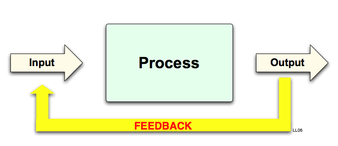 Do you struggle to deal with criticism or unsolicited feedback? Do you want to react skilfully? Do you want to find a balance in needing things to change and letting go? Read on... There are always at least two ways of response to negative feedback and I’m going to refer to one as Skilled and the other as Unskilled. Feedback is essential for negotiating life and social relations - much of our growth and development depends on interactions and other experiences that feel 'bad'. Feedback has a role in nearly every area of human endeavor, as well as every other system. Criticism is simply one type of feedback. A while ago I wrote on the ‘Importance of Feedback", focusing on ‘positive reinforcement’. Yet this morning I woke up feeling heavy with the weight of negativity. I’ve had so much feedback recently from heady debates, in real life and on Facebook, around controversial subjects. Some people tell me that they love what I do and other people aggressively express that they think I’m ‘being irresponsible’ or even ‘damaging’ at times - which I felt hurt and shocked by. I realised I was taking a lot of this feedback personally, which is very heavy and tiring. My reactions were causing my own fatigue! 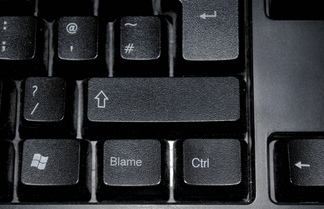 Control and Blame - old friends Control and Blame - old friends This post is about how to address that, skilfully - in a way that creates a win-win, less stress and more positive, long-lasting action and inner peace. Unskilled I'm going to talk in i-statements - in my own perspective to make this point. After some heavy criticism my reactive mind, left unchecked, will start to attach a lot of meaning to the situation and resulting sensations (which my mind interprets as ‘worry’). I may begin to ‘catastrophize’ and strategize to protect myself (or others). When this happens from a panicky place, or where emotions are high I get the sense that things need to change, now! Thus starts a cycle - I project blame onto them and then they fire it back at me and I feel shame. We can play this game until we separate from one another. This can be people, systems, behaviour etc, but in each case I label the problem as external. Something else needs to change for me to be ok. Sometimes we cannot help be a bit unskilled. If we are convinced that we 'need' to protect or control then we 'must' follow those impulses. It takes time to see the facts and weigh those up with out intuition, experience and skills of judgement. I believe the first of these skills is self awareness, because this builds our ‘capacity to respond from calm’. We might even realise one of the other conditions may be hampering our judgement:
Neuroscience research suggests that when we are in a negative place emotionally we are in comparatively more physical pain that when we are feeling positive. So what can we do? Skilled By breathing and sitting with these reactions (sensations), watching the thoughts and taking a moment, then I can see that this reaction is disproportionate. I look deeper and see the source. This takes some extra time, so the first thing we can do is slow down. If it isn't physical then it is in the mind - in memory - somewhere within me there is a wounded, childlike and fragile Neil, who needs to feel safe. If I am skilled I will use the gas-mask analogy and; attend to this first and then deal with the feedback after. I will take my time. This blog will explore a few ways to do this. “I’ve had a lot of trouble in my life—most of which never happened.” - Mark Twain
 Find a SEAT of your choosing Find a SEAT of your choosing Choose your SEAT I use this acronym to help me remember what to look for, in myself:
Get comfortable with they movie, watch how the story changes. Then you can practice directing, with skill. I use this practice sometimes as part of a ‘Stoic’ style of meditation. When I start to notice feelings in my body associated with a catastrophic imagined future, I take my mind into the theatre - I sit at the back, watch and then direct.I watch it on repeat and get used to the discomfort. I start to realise it isn’t real, it’s actually quite far-fetched. I can even laugh a bit! It’s a farce! In the rehearsal of the play I see I can change the genre, simply by changing my attitude, then my words and actions. I can skilfully shape the play. Sit back, in the body In meditation we place the mind (attention) into the body. In this way we can 'inhabit' a part of the body. By placing the mind at the back of the body and watch events in your life unfold, from that place, then you can gain real perspective - you can see the body react, as you live. Hence, you can become the director of your own life. See how the body lights up when you receive feedback - vision, touch, words etc. When you receive ‘harsh’ words, criticism, judgement, diagnosis or demands it can become an 'interesting experience,' rather than a 'gritty and hurtful drama'. You can even being to see some truth or useful lessons in the feedback. From this place we are able to talk more calmly, if we want to, and that is the point - to recognise that we have more choice in our responses. “Worry pretends to be necessary ” - Eckhart Tolle  Read about Jamie's emotional poo theory Read about Jamie's emotional poo theory We all worry, but it is dwelling in that worry that allows the mind to create catastrophic fantasy, creating a 'feeling of need'. So we seek to interrupt that process in mindfulness, using loving awareness. Sometimes though our instinctive patterns of feelings/reactions may be stuck deep in the habitual mind-body - even since childhood. This can 'lock up' our beliefs unconsciously in the mind and prevent us from accessing other perspectives. Using memory to calm reactivity and access the theatre We can be triggered, emotionally, by similar situations, movements or words that remind us of a traumatic memory. In order to start the healing process we must first connect to a feeling of safety, support, unconditional love. This sooths and calms the mind-body allowing us to respond. This can often be a challenging part of my work - helping people to connect to that feeling, particularly if they haven’t had many or any of those experiences, or have difficulty in accessing memory. I use touch/rhythm practice like EFT, dance or EMDR to help soothe the mind and help people access a feeling of safety. Other times dance, movement or Yoga can be helpful. Once we connect with that 'feeling' we can use the imagination in a more useful and positive way. If you notice strong emotional trauma in your reactions, to the point where they are involuntary and damaging, it may be helpful to explore your past with a counsellor in CBT, psychotherapy or other therapies that explore the mind. Or simply explore movement and meditation on your own. Take an emotional Poo! In each moment internal sensations are happening, as part of the emotional system, working away. Our mind sometimes labels them as 'negative' or 'positive' - and then attaches meaning and story to them. Jamie Catto talks about how we can see a different perspective to allow them to flow, without attaching anxious story and meaning: “I believe that our genius body/mind system, or Life itself, is daily sending us difficult and challenging situations and people DELIBERATELY to trigger the body into releasing that stuck emotion….difficult people (in our lives) are like WALKING LAXATIVES! It may sound radical but it's true. When someone upsets us we experience a totally disproportionate reaction. We feel the pain of everyone who ever treated us that way back to our childhood. This is the body's genius finding ways to self-clean, self-mend all that accumulation.” "A man convinced against his will Is of the same opinion still" - Dale Carnegie 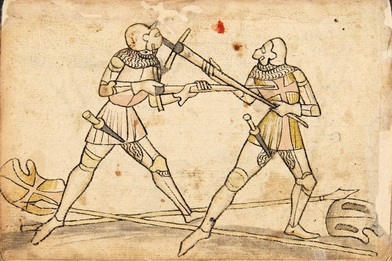 An eye for an eye makes the whole infantry blind! Become a peacemaker! An eye for an eye makes the whole infantry blind! Become a peacemaker! If we force change (or poo) we force ourselves or other people to suppress feelings, actions and thoughts - and that will only cause them to hold resentment (even if they do actually change). That resentment will emerge later (when they shit all over you or others). Some claim that anger, aggression and violence are necessary for change. My belief is that if we force things to change (at the pace we fantasise is necessary to stave off catastrophe) then we will only suppress the problem deeper down and give ourselves a hernia in the process! Aggression breeds aggression - every action has an equal and opposite reaction. Therefore if you catch yourself saying “I need to sort this out… now” or “we should be better at xyz…” recognise that the language is based on fear, and that fear is fuelling the fantasy, the force and perpetuates damage. In the short term it may create change - you might shed some problems - it may give you short-lived motivation, but beware dwelling in that anger and the results it will create. Can we instead be with the process and pace and see what is useful in this for me, now? Can we be the source for calm? Sometimes we have to sit on that toilet SEAT for a while and position your attitude in readiness for the flow! “It is easier to fight for one’s principles than to live up to them.” - Alfred Adler Decide from a place of calm
Individually we can decide on the world we want. If we want a world where people treat each other well we have to ‘be that change’. Treat others as you wish to be treated; If you want people to listen, try listening - first to yourself and then to others. That is owning your shit. Every time you receive feedback that hurts, stop and take a moment to recognise your situation, because caring for your emotional resiliency can help. Be quiet and sit in the theatre of your mind-body, and listen - that is taking a SEAT. It can be challenging, so take your time, be gentle. If you are giving feedback, be honest and sensitive, and expect some defensiveness as a first response to criticism; a change in performance or attitude may come later. I think it is worth the effort, even if you only achieve some connection - if that is what you want. Thinking about what you want may be a useful starting point - then focusing on the intention with non-attachment will allow it to flow. Personally I want a connection and flow which feels ‘fun, loving, honest and easy,’ so I try to be that. I can only be that to myself first, and then to others (like the oxygen-mask-on-an-airplane analogy). Whether I am conscious of it or not I AM being the change that I will start to see in the world, We all are. Choose the genre you would rather be watching and playing in, sit back and enjoy. You can direct far better with some perspective. Id you want more about TAKING A SEAT and how it can LOOSEN YOUR TIES TO SUFFERING read on! |
AuthorsNeil Morbey is a meditation teacher, group facilitator and inspiration guide for Positively-Mindful.com Blog Index
Archives
May 2024
|
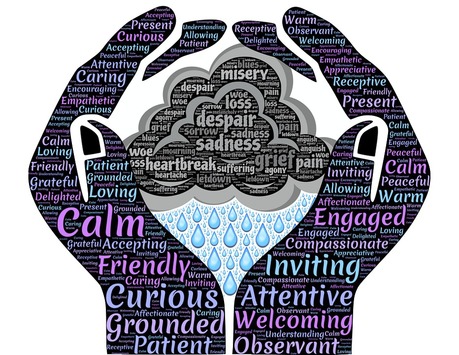
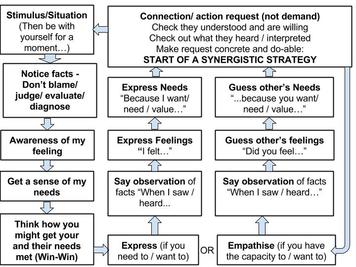
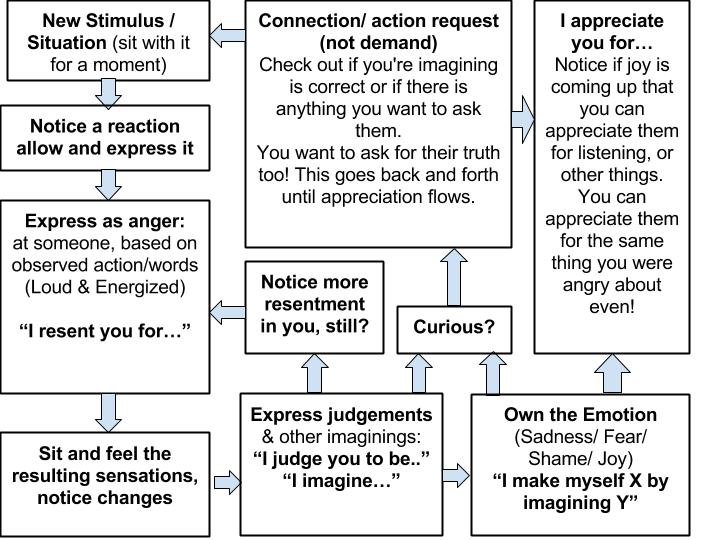
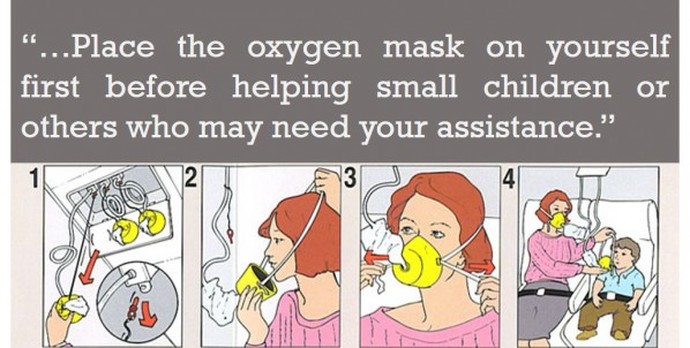
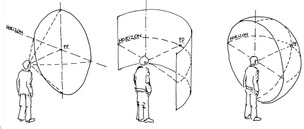
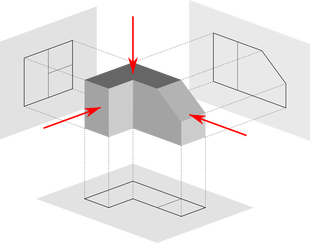
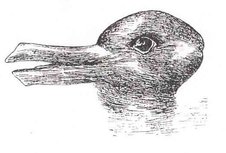
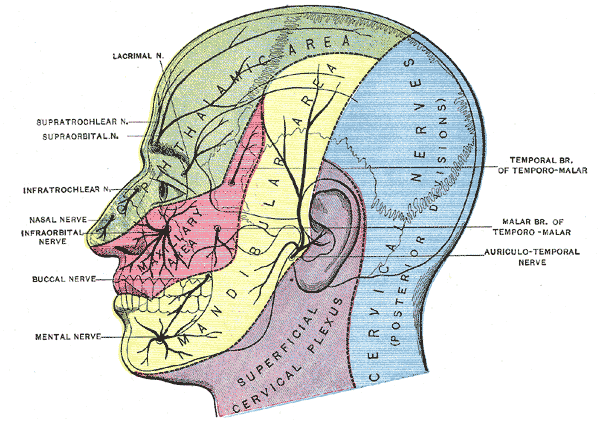

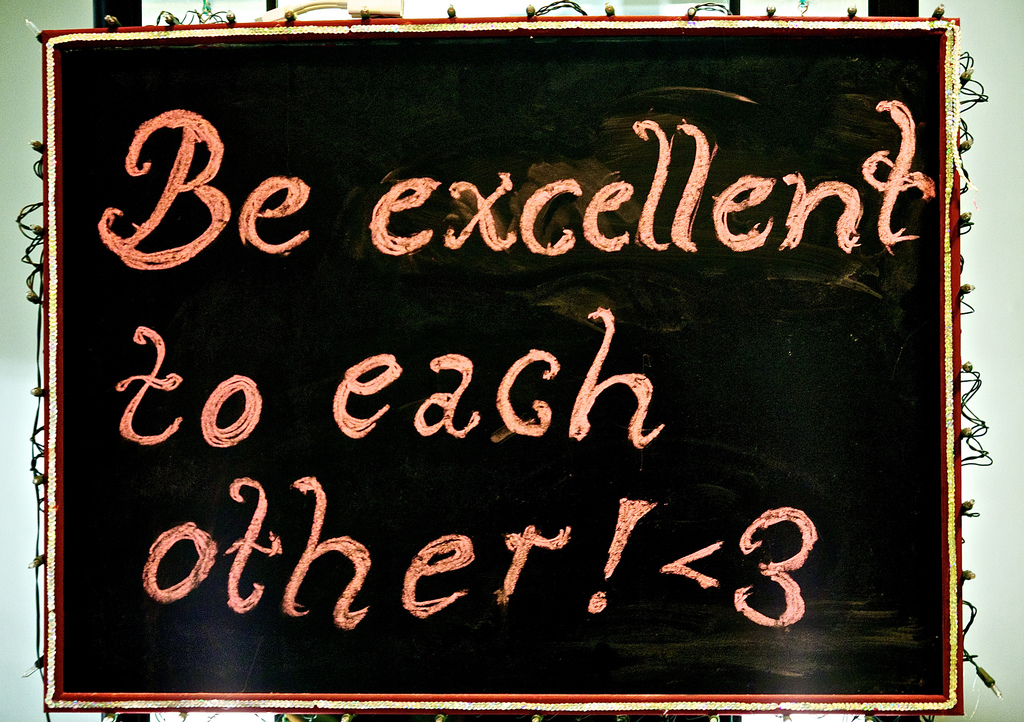
 RSS Feed
RSS Feed